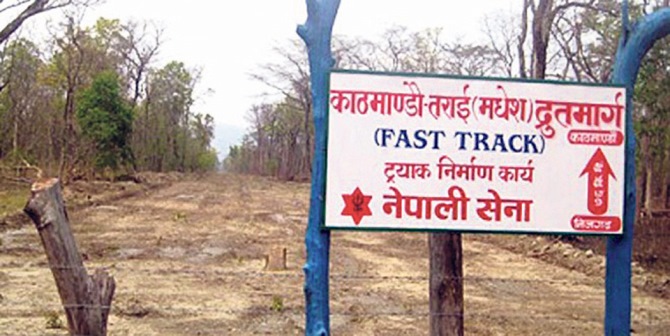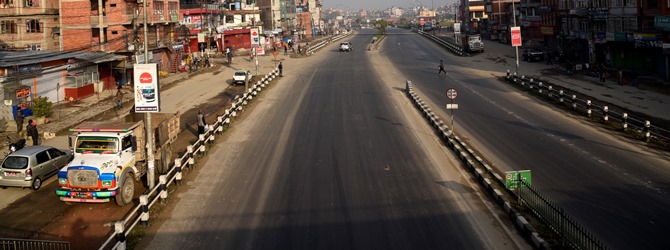As monsoon begins, shabby quarantines to spawn more troubles
By Purushottam P. Khatri
Kathmandu, June 18: As the monsoon for this year has already begun from June 12, suspected COVID-19 patients living in quarantines in various places across the country are sure to encounter water-induced problems and health hazards.
Especially, India-returnees in Kailali, Dhangadi, Banke, Nawalparasi, Morang, Jhapa and Sunsari, and people in west and far-western Nepal, including Baitadi, Rukum, Rolpa, Surkhet, Dang, Dailekh and Jajarkot, are more likely to be hit hard by the rainy season as they are prone to water-borne diseases and may also face natural disasters at any time in quarantine centres.
People are more likely to encounter landslides, and lightning in the hills and storms and snakebites cases in the Terai region.
According to COVID-19 update of the Ministry of Health and Population on Tuesday, currently 133,009 people are in quarantines and 5,414 in isolation wards.
Some people staying in quarantines of Terai and Karnali region shared the problems over the phone.
One Kishor Karki of Melauli Municipality-7 of Baitadi district said his expectations that the quarantines in Nepal were better than those in India were shattered after he entered Nepal 26 days ago from Gauriphanta checkpoint.
Karki said he was shocked seeing the condition of a quarantine set up at Malika Secondary School in Purchaudi-4 in Baitadi district. “We, 88 people, live there in the school without water in the toilet. The quarantine is a nightmare,” he said. Even after 19 days in quarantine, they were not sent home because of delay in RDT test. As the monsoon has already begun, people who are still in quarantine may face other troubles there, he said.
Jung Bahadur Saud of Bhajani Municipality-5 of Kailali district reached his hometown from Gauriphanta checkpoint. He said he stayed at Karmeshwor-based quarantine for 14 days. Only after passing 14 days, the Municipality conducted his RDT test and let him go home after he tested negative for the virus.
He, however, was not allowed to enter the village for not having a PCR test, and the local bodies of his village again sent him back to stay in a make-shift shelter set up in Milan Nursery Community Forest.
“We hardly sleep in the tents put up in the forest for fear of wild animals, snakes, scorpions and mosquitoes,” he said. “When poodles were created and tents started leaking, we were allowed to live in a shed meant for goats,” he said.
“More than coronavirus, we were in fear snakes, scorpions, wild animals and mosquitoes,” Saud said. “If the government had tested our swab in time, we could have gone home earlier,” he said.
Layak Ram Chaudhary, the ward member of Tikapur-6, also said that his duty was to guard quarantined people in the National Secondary School, Beluwa. There are still 55 people, including 18 females, all returning from India.
He shared that three days ago he saw a common krait at the toilet door of the tent at 11 pm. That was a venomous snake which takes the lives of many people in the Terai region. More than a dozen youths staying in the quarantine came out and killed it, he said.
Most of the quarantines established in the old and poorly-managed schools, colleges, or public buildings and open spaces have become riskier than the coronavirus for people as they could die of snakebite at any time, he said.
Recent News

Do not make expressions casting dout on election: EC
14 Apr, 2022
CM Bhatta says may New Year 2079 BS inspire positive thinking
14 Apr, 2022
Three new cases, 44 recoveries in 24 hours
14 Apr, 2022
689 climbers of 84 teams so far acquire permits for climbing various peaks this spring season
14 Apr, 2022
How the rising cost of living crisis is impacting Nepal
14 Apr, 2022
US military confirms an interstellar meteor collided with Earth
14 Apr, 2022
Valneva Covid vaccine approved for use in UK
14 Apr, 2022
Chair Prachanda highlights need of unity among Maoist, Communist forces
14 Apr, 2022
Ranbir Kapoor and Alia Bhatt: Bollywood toasts star couple on wedding
14 Apr, 2022
President Bhandari confers decorations (Photo Feature)
14 Apr, 2022





.jpg)




